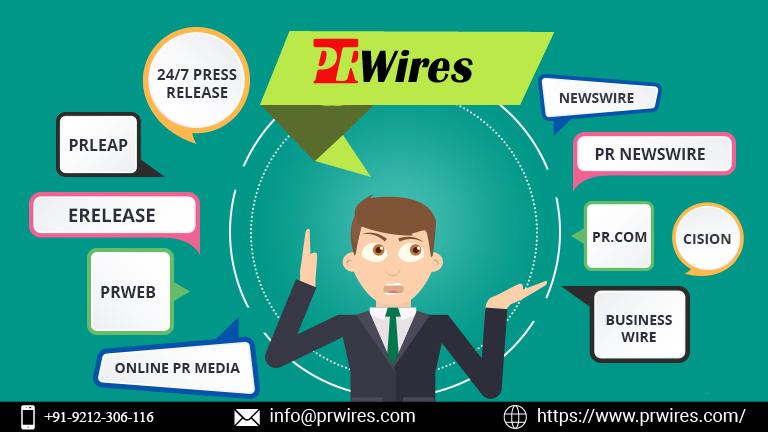An e-commerce marketing agency in India plays a pivotal role in helping businesses optimize their online presence and drive sales through targeted digital marketing strategies. Their work is multifaceted, with the goal of increasing brand visibility, enhancing customer engagement, and boosting conversions. Here's a detailed breakdown of the key tasks they perform:
1. Digital Strategy Development
E-commerce marketing agencies begin by creating tailored strategies that align with a brand's goals. They analyze the market, identify target audiences, and study competitors to devise a comprehensive plan that includes SEO, paid ads, content marketing, social media strategies, and more. This strategy serves as the foundation for all marketing efforts.
2. Search Engine Optimization (SEO)
Agencies optimize e-commerce websites for search engines to increase organic traffic. This involves:
- On-Page SEO: Optimizing product pages, descriptions, images, and meta tags to rank higher on search engines.
- Off-Page SEO: Building backlinks, improving domain authority, and promoting the brand through external content.
- Local SEO: Targeting regional markets by optimizing for local search queries, essential in India’s diverse market.
3. Pay-Per-Click (PPC) Campaigns
Agencies manage paid advertising campaigns to increase website traffic and conversions. They use platforms like:
- Google Ads: Targeting specific keywords with search and display ads.
- Social Media Ads: Running ads on Facebook, Instagram, and other platforms to reach specific demographics.
- Remarketing: Targeting users who have previously interacted with the brand’s website or social media.
4. Social Media Marketing
Agencies create and manage social media campaigns across popular platforms like Instagram, Facebook, and YouTube. This includes:
- Content Creation: Crafting engaging posts, stories, and videos that resonate with Indian audiences.
- Influencer Marketing: Partnering with influencers to amplify brand messages and drive conversions.
- Community Engagement: Managing customer interactions, responding to queries, and building a loyal brand community.
5. Content Marketing
Content is key to attracting and engaging customers. E-commerce marketing agencies handle:
- Blog Writing: Creating informative blog posts that boost SEO and drive organic traffic.
- Video Marketing: Producing product demos, tutorials, and advertisements to engage customers visually.
- Product Descriptions: Writing compelling and SEO-friendly product descriptions to improve conversions.
6. Email Marketing
Agencies develop email marketing campaigns to nurture leads and retain customers. This includes:
- Segmentation: Categorizing customers based on behavior (e.g., past purchases) to send personalized emails.
- Automated Campaigns: Setting up email sequences for abandoned cart reminders, product recommendations, and seasonal promotions.
- Newsletters: Sending regular updates to keep customers informed and engaged with new products and offers.
7. Influencer and Affiliate Marketing
In a market as diverse as India, influencer and affiliate marketing plays a major role. Agencies identify and collaborate with:
- Macro and Micro-Influencers: Partnering with influencers across different niches to promote the brand authentically.
- Affiliate Programs: Setting up affiliate marketing campaigns where partners earn a commission for driving sales.
8. Conversion Rate Optimization (CRO)
E-commerce agencies focus on improving the percentage of website visitors who convert into customers. This includes:
- A/B Testing: Testing different variations of landing pages, product pages, and call-to-action buttons.
- Website Speed Optimization: Ensuring that the website loads quickly to reduce bounce rates and improve user experience.
- Simplified Checkout Process: Streamlining the checkout process to reduce cart abandonment rates.
9. Analytics and Reporting
Agencies provide detailed insights and reports that track the performance of marketing campaigns. This includes:
- Traffic Analysis: Understanding where the website visitors are coming from and how they interact with the site.
- Campaign Performance: Analyzing the success of PPC ads, social media campaigns, and email marketing efforts.
- Customer Behavior Insights: Analyzing customer journeys to optimize future marketing strategies and improve ROI.
10. Mobile Marketing
Given the high penetration of smartphones in India, agencies focus on:
- Mobile-Friendly Website Optimization: Ensuring that websites are responsive and easy to navigate on mobile devices.
- Mobile Ads: Running mobile-specific ads on platforms like Google and social media.
- App Marketing: If the brand has a mobile app, agencies help market the app to increase downloads and engagement.
11. Customer Retention and Loyalty Programs
Agencies help brands build long-term relationships with customers by:
- Loyalty Programs: Creating reward-based programs to encourage repeat purchases.
- Customer Support: Offering ongoing support to resolve customer issues and improve satisfaction.
- Personalized Recommendations: Using customer data to suggest relevant products, enhancing the shopping experience.
Conclusion
E-commerce marketing agency in India are essential partners for brands seeking to succeed in a dynamic digital landscape. They provide a comprehensive range of services from SEO and paid advertising to social media and email marketing, all tailored to the unique needs of the Indian market. With their expertise in data-driven strategies and local market knowledge, these agencies help businesses boost visibility, drive sales, and achieve long-term growth.




